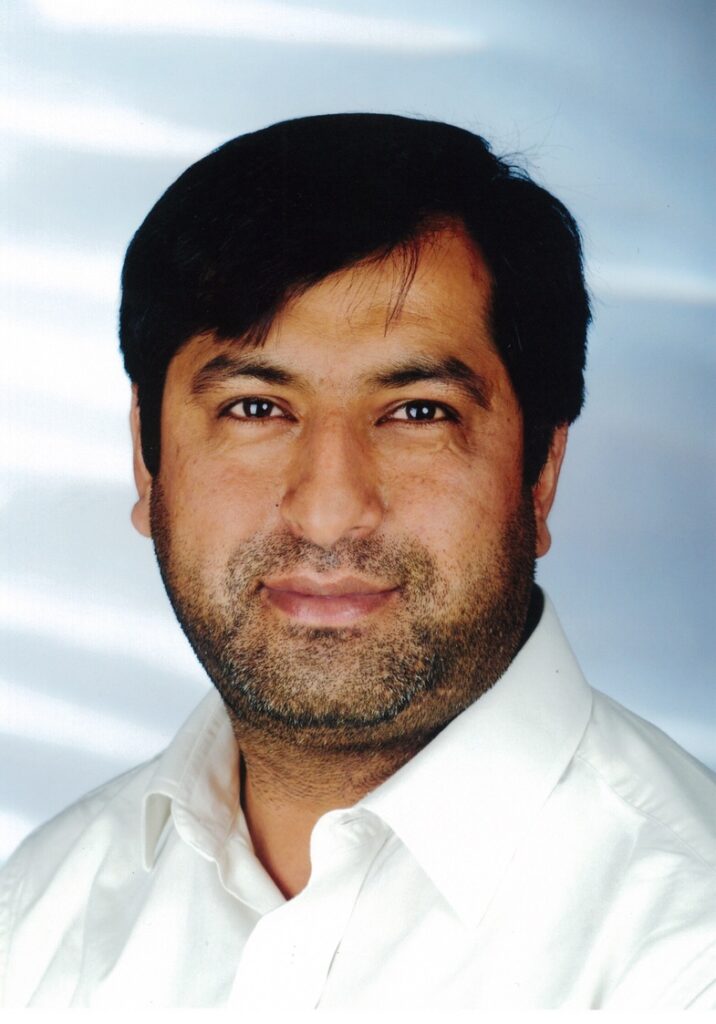Fellowship Awardees for 2025
Dr Pantelis Koutroumpis
Dr Pantelis Koutroumpis is the Lead Economist and Director of the Programme of Technological and Economic Change at the Oxford Martin School.
He has a computer engineering degree from Athens (NTUA) an MPhil in Technology Policy from Cambridge University and a PhD in Economics from Imperial College London. Previously he was a Research Fellow at Imperial College Business School in the Innovation and Entrepreneurship Group and a Fellow of the Columbia Institute of Tele-Information.
Pantelis’ main research interests are industrial economics, innovation, telecommunications economics and regulation. He is a member of the editorial board of Telecommunications Policy and has published in several journals including the Journal of the European Economic Association, Journal of Industrial Economics, Economic Policy and others. Pantelis has received funding from the EPSRC, ESRC and the EU for his research.
Pantelis has advised several bodies including the cost assessment and economic impact work of the Digital Agenda for Europe. Other assignments include the Department of Culture Media and Sport (UK), Ofcom, DG COMP, the European Investment Bank, the OECD, the World Bank, the ITU, and others.


Dr Muhammad Taimoor Khan
Is Associate Professor (Reader) of Computer Science at the University of Greenwich, UK. There he founded the Cyber Assurance Lab in the Centre for Sustainable Cyber Security (CS2) (previously ISEC – Internet of Things and Security Research Centre). Currently, He serve as an Operational Lead and Co-Founder of NCSC accredited Academic Centre of Excellence in Cyber Security Research (ACE-CSR), and Co-Founder and Deputy Director of NCSC accredited Academic Centre of Excellence in Cyber Security Education (ACE-CSE). Taimoor is also a visiting scientist at MIT CSAIL, USA and DARPA, USA. Taimoor is a member of (i) an interdisciplinary Law, Emerging Tech and Science (LETS) Lab, UK, (ii) Formal Methods Europe — an association for bringing world leading researchers and academics together including teaching of formal methods, and (iii) EASST — an European Association for the Study of Science and Technology.
